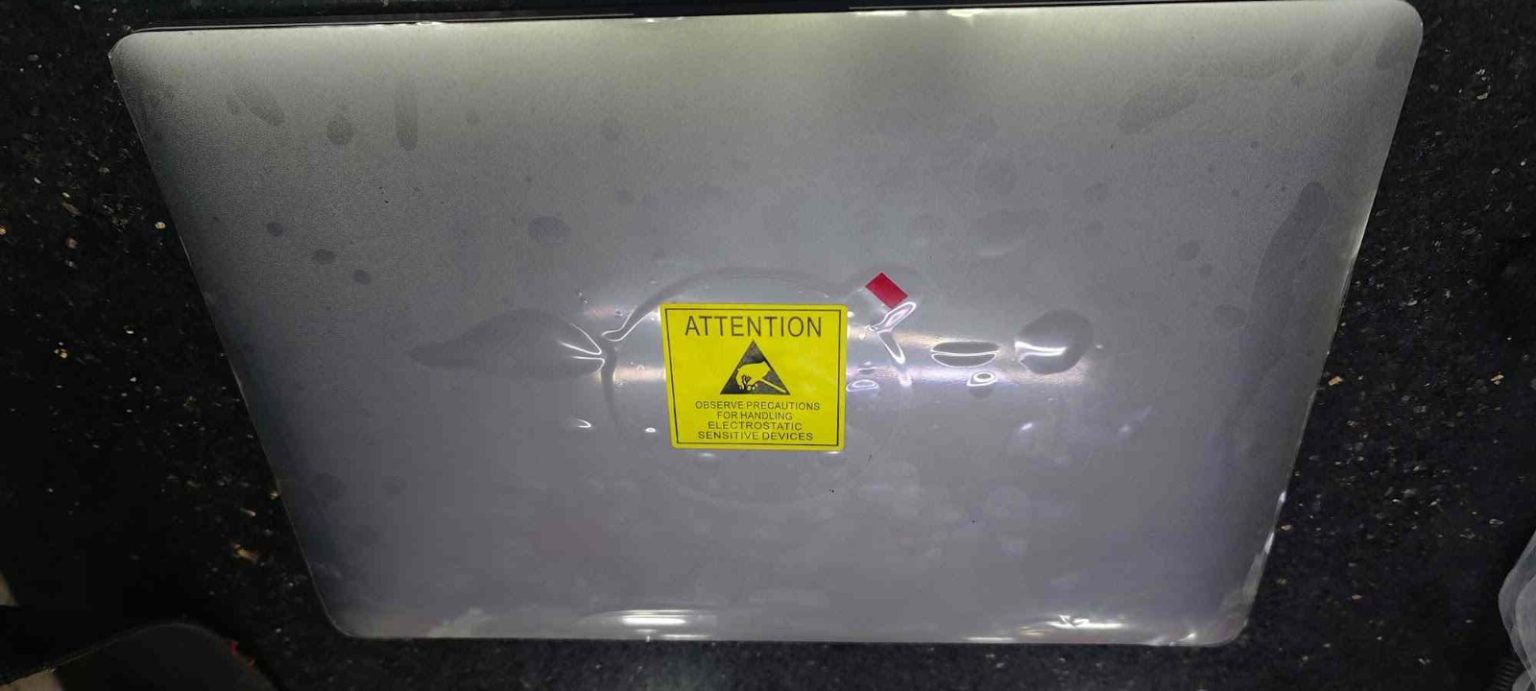The issue of grey market products continues to be a significant concern in Sri Lanka, not just for consumers but also for the economy. These unauthorized imports, often marketed at lower prices, pose serious economic and consumer safety risks that overshadow their initial allure. Grey market products, also known as parallel imports, involve importing and selling branded items without the consent of the trademark owner. This practice has led to substantial tax revenue losses and foreign exchange outflows. Reports from 2023 reveal that Sri Lanka has lost Rs. 3.1 billion (USD 9.4 million) in tax revenue and Rs. 31.6 billion (USD 96 million) through illegal channels due to grey market imports. Additionally, legitimate imports are anticipated to decline by Rs. 2.5 billion because of the rising influx of parallel import products. The exact impact is challenging to measure due to the covert nature of these operations, but the consequences are undeniably severe, exacerbating the economic difficulties faced by the country.
Grey market imports create an uneven playing field for businesses that comply with legal importation processes and tax regulations. Authorized distributors and retailers often find it challenging to compete with the lower prices offered by grey market operators, who evade costs associated with tariffs and taxes. “The growth of a grey market is posing a serious challenge to legitimate importers, which drives a cost disparity between legitimate imports and goods smuggled evading taxes,” stated Thulitha Mendis, Chairman of the Import Section of the Ceylon Chamber of Commerce, during their 89th Annual General Meeting.
While grey market products might offer lower prices, they come with significant risks. Products sourced through unofficial channels may lack proper warranties, support, and after-sales service, leading to higher costs for consumers if the product fails or requires repair. Without the backing of the manufacturer, consumers have limited recourse for defective or substandard products. As Sri Lanka continues to tackle the challenges posed by grey market imports, a multi-faceted approach is essential. Strengthening regulatory frameworks, raising consumer awareness, and supporting legitimate businesses are key steps towards mitigating the economic impact and preserving the nation’s fiscal health. The government’s ongoing efforts will be crucial in curbing grey market activities and ensuring a robust and equitable economy for all Sri Lankans. While grey market products may provide short-term financial benefits to consumers, the long-term consequences for the country and the economy are profound. The Sri Lankan government must continue its efforts to address this issue to secure a more stable and fair economic environment.










